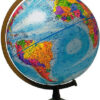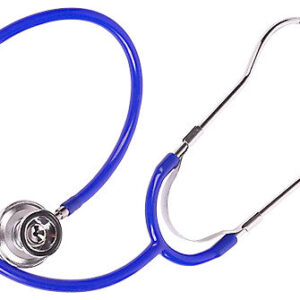Suppose a genetic disorder that can cause disease runs in your family. Your doctor tells you that, should you wish to have a child, that child is likely to get the disease. But CRISPR, a new gene-editing technology, could change your fate by ensuring that your baby is and remains healthy. Even more, it could potentially guarantee that your grandchildren are also free of the disorder. What do you do? Now, suppose it’s not a genetic disorder that you are trying to change, but some other quality, such as eye color, cognitive ability, or athletic skill. Do you opt into this new world of genetically edited humans? And what if it’s not just you? What if your friends, neighbors, and peers are also embracing this genetic revolution? Right now, science doesn’t give you that choice. But huge advancements in CRISPR technology are making human gene editing a reality. In 2018, a Chinese scientist announced the first genetically modified babies: twin girls whose genes had been altered to resist HIV, smallpox, and malaria. The promise of this technology is clear, and supporters argue that it can be used to eliminate diseases, improve human health, and create a better world. But gene editing is not without its perils and unknowns, and critics argue that it meddles with the most basic aspect of our humanity and could both exacerbate inequality and pressure all parents (and nations) into editing their children’s genes to stay competitive. Should gene editing be used to make better babies?




